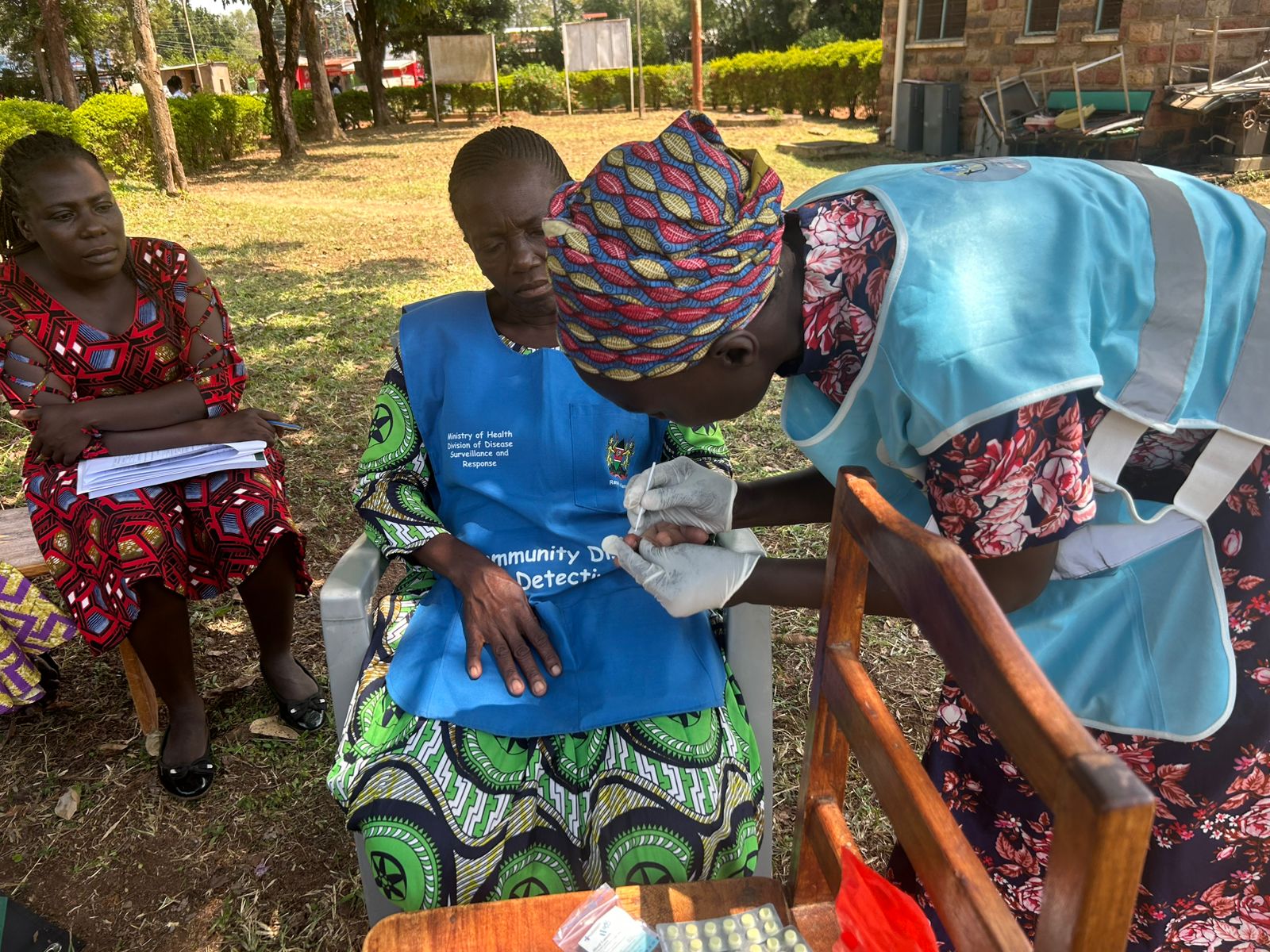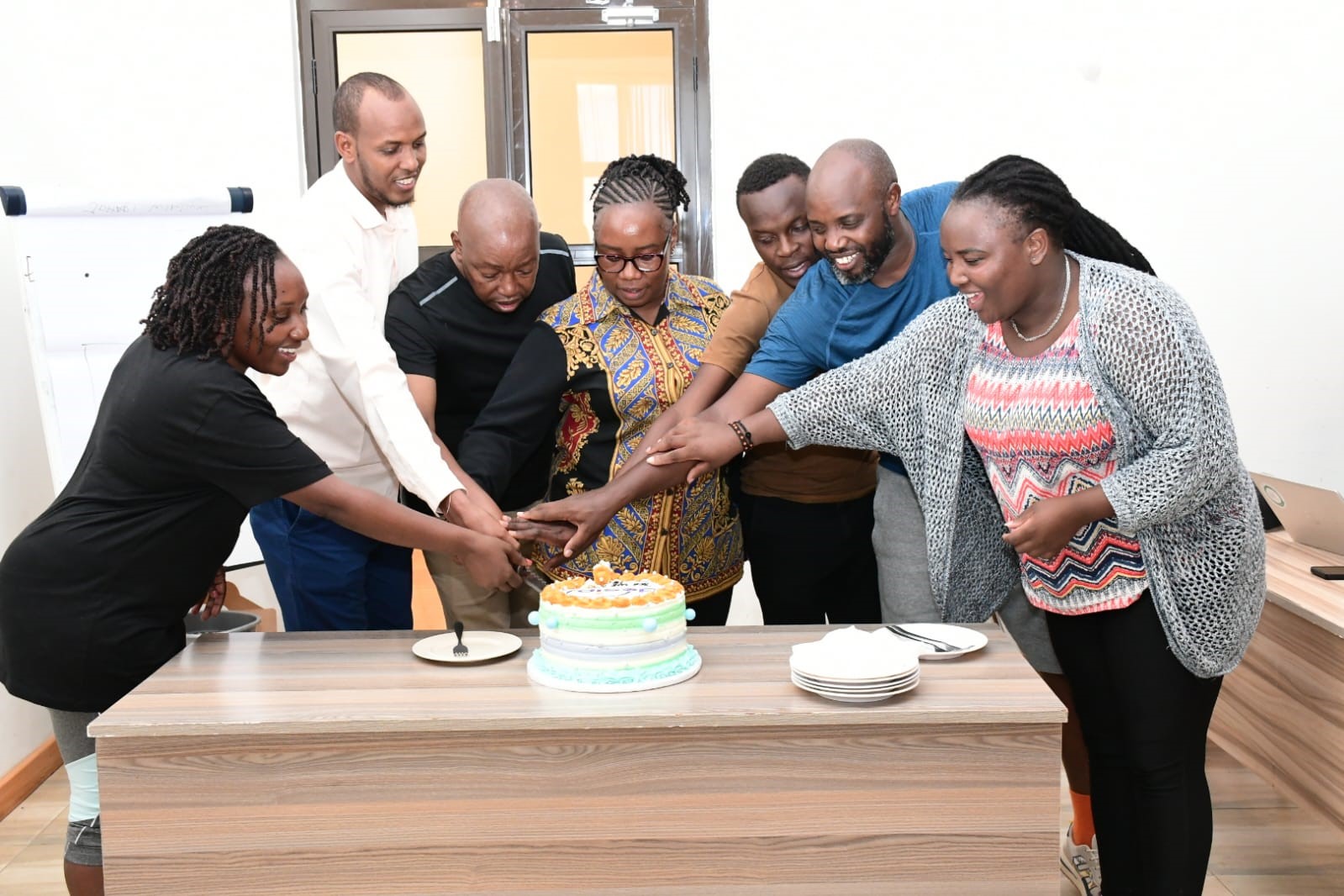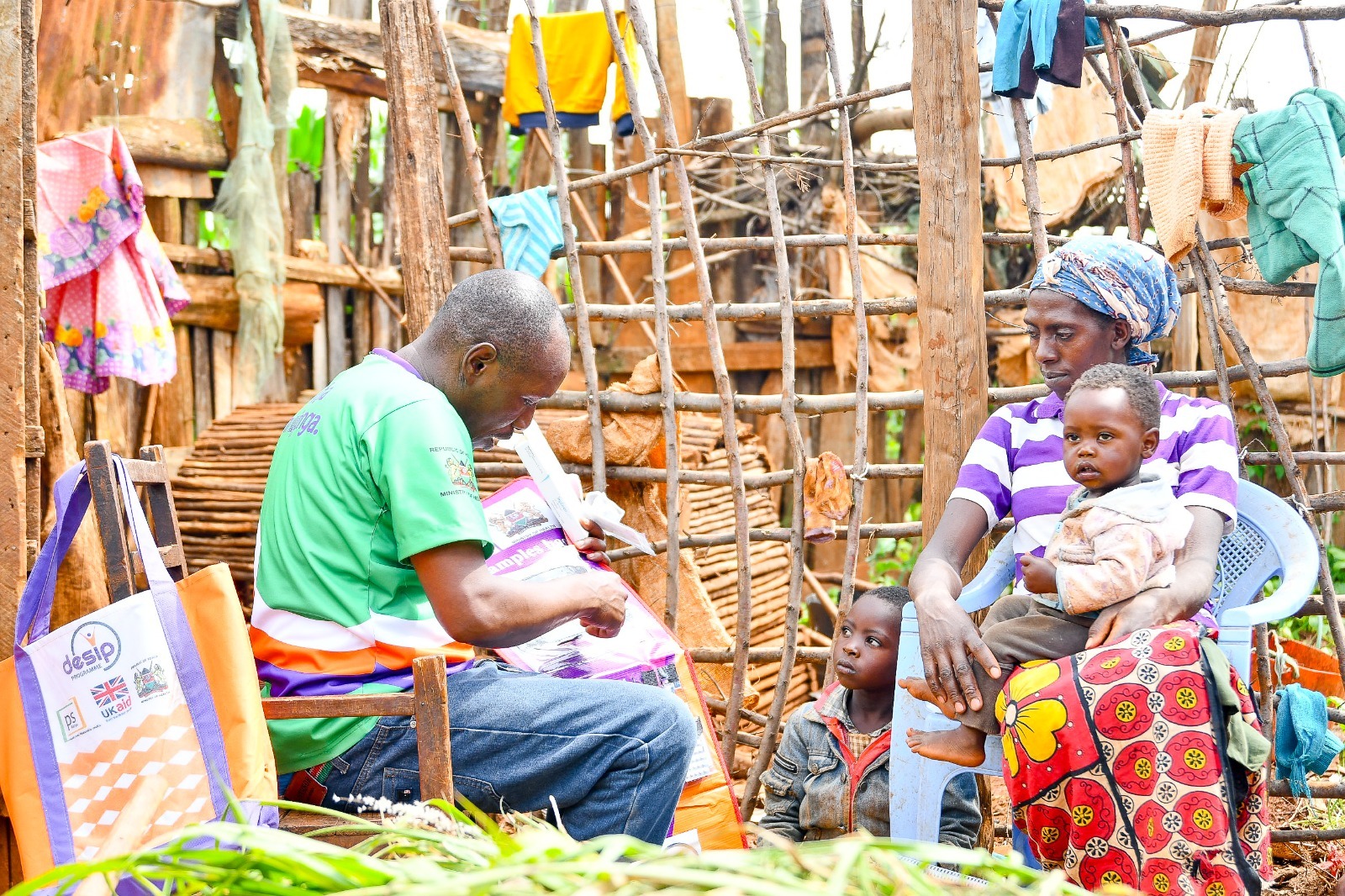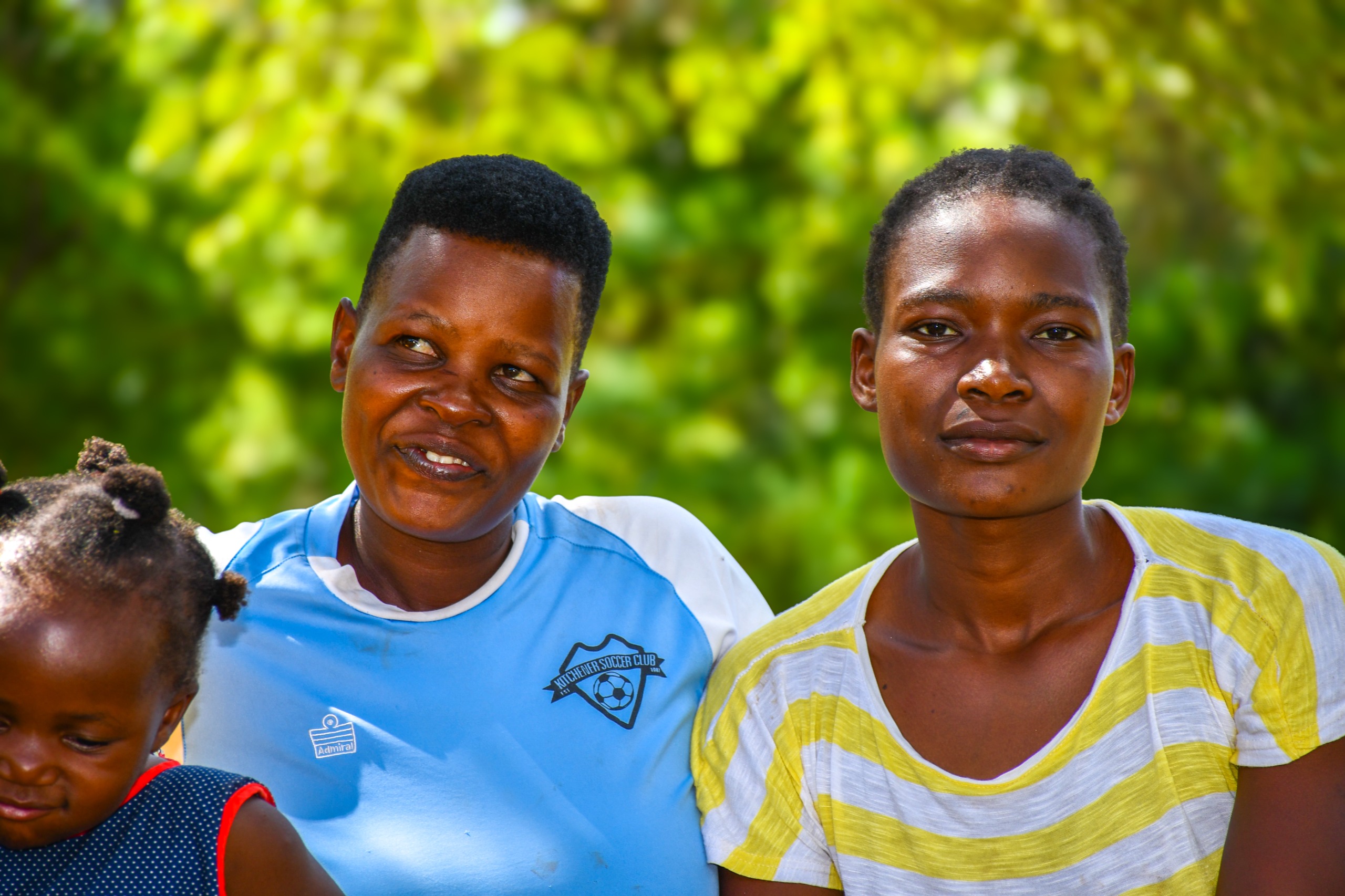Community Health Promoters (CHPs) play a crucial role in ensuring effective Malaria case management in underserved areas. They are often the first point of contact for individuals suffering from malaria, providing timely diagnosis, treatment, and education on prevention. However, despite their dedication, CHPs face numerous challenges, particularly in understanding and administering the correct dosage of Artemether-Lumefantrine (AL), which is used to treat uncomplicated Malaria. These challenges can lead to concerns about treatment accuracy, ultimately impacting health outcomes in the communities they serve.

One of the most common issues CHPs encounter is dosage confusion, especially when treating young children or elderly patients. Given the varying AL dosage requirements based on weight and age, some CHPs struggle to recall the correct prescriptions, which can result in under-dosing or overdosing. This not only reduces the effectiveness of malaria treatment but also increases the risk of drug resistance, a significant public health concern.
To address this critical gap, regular refresher training is essential. As PS Kenya’s Malaria Program continues to work towards implementing structured training sessions, interim measures such as on-the-job training and mentorship have been introduced to provide immediate support to CHPs. These approaches ensure that CHPs receive real-time guidance and reinforcement of best practices while they carry out their duties.
During a recent supportive supervision visit, we met Isabella Musamali, a dedicated CHP from the Sirakaru Community Unit in Tongaren. She shared her personal journey and how mentorship has positively impacted her ability to provide malaria case management:
“Supportive supervision has been really helpful to me. Initially, I found it difficult to understand the correct dosages of AL for various age groups, and I was constantly worried about making mistakes. Thanks to the guidance and reminders during supervision, I’ve gained a lot of confidence. Now, I feel more assured about the dosages, though there are still moments I forget, and it’s reassuring to have someone available to clarify things when needed.”
Isabella’s experience demonstrates the profound influence of supportive supervision and mentorship.With consistent guidance and reinforcement, CHPs like her develop the confidence and expertise needed to administer treatment correctly, ultimately leading to improved health outcomes. These interventions also promote a culture of continuous learning, where CHPs feel supported rather than overwhelmed by their responsibilities.
Beyond individual capacity-building, these initiatives contribute to strengthening the overall healthcare system at the community level. When CHPs are equipped with the right knowledge and tools, they become more effective in their roles, ensuring timely and accurate malaria treatment. This, in turn, reduces the burden of malaria in underserved communities, leading to healthier populations and fewer severe cases requiring hospitalization.
Through its steadfast dedication to strengthening healthcare systems, PS Kenya continues to empower community health promoters with the knowledge and skills they need to combat malaria effectively. By providing innovative solutions such as on-the-job training, mentorship, and supportive supervision, PS Kenya is not only addressing immediate gaps but also laying the foundation for sustainable improvements in malaria case management.



